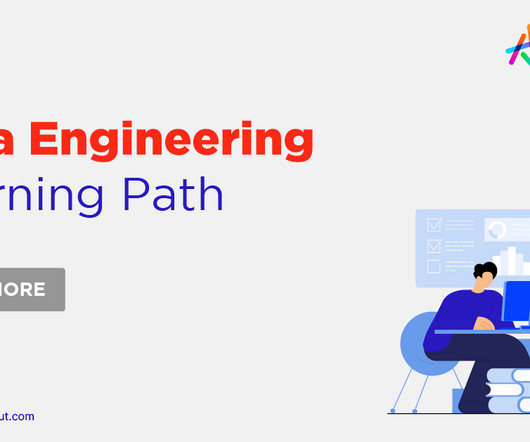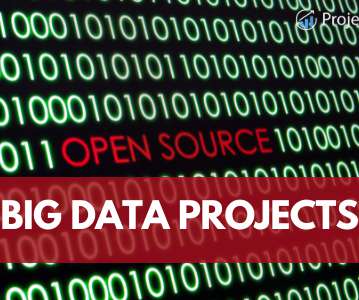Data Engineering Learning Path: A Complete Roadmap
Knowledge Hut
JUNE 23, 2023
Coding helps you link your database and work with all programming languages. You should be well-versed in Python and R, which are beneficial in various data-related operations. Other Competencies You should have proficiency in coding languages like SQL, NoSQL, Python, Java, R, and Scala.












Let's personalize your content